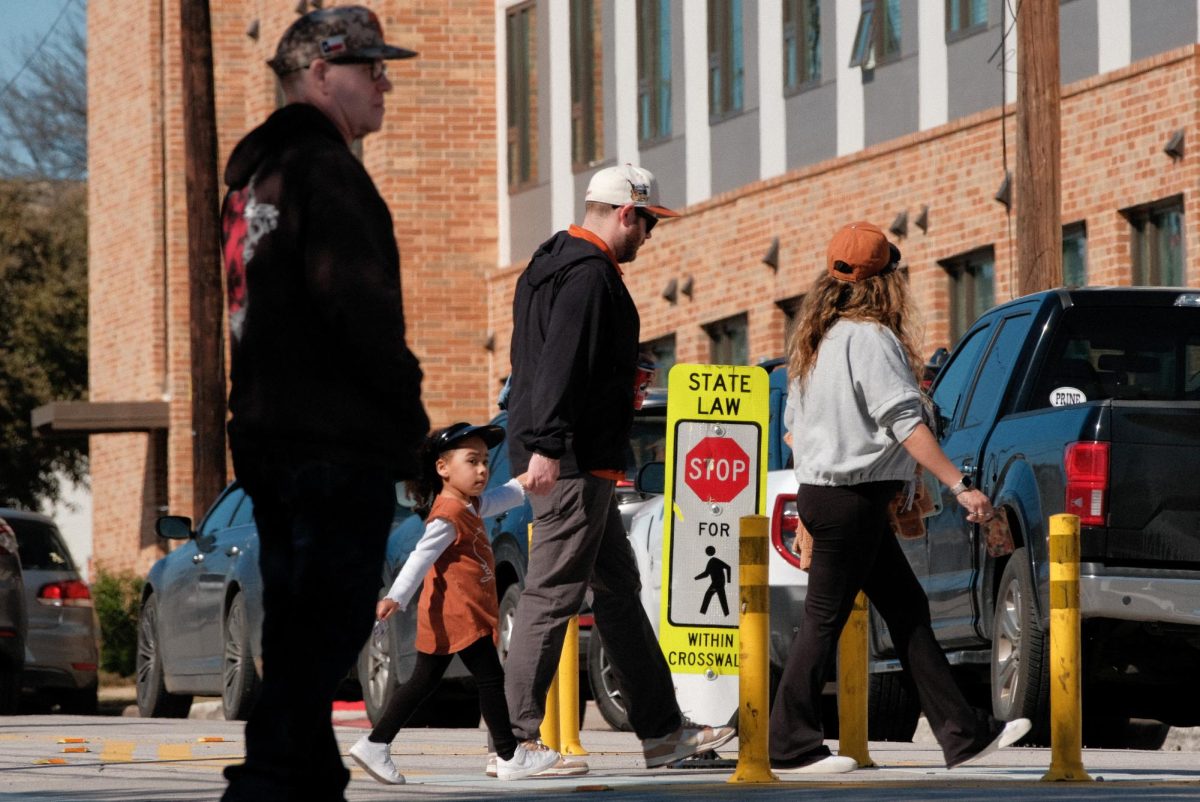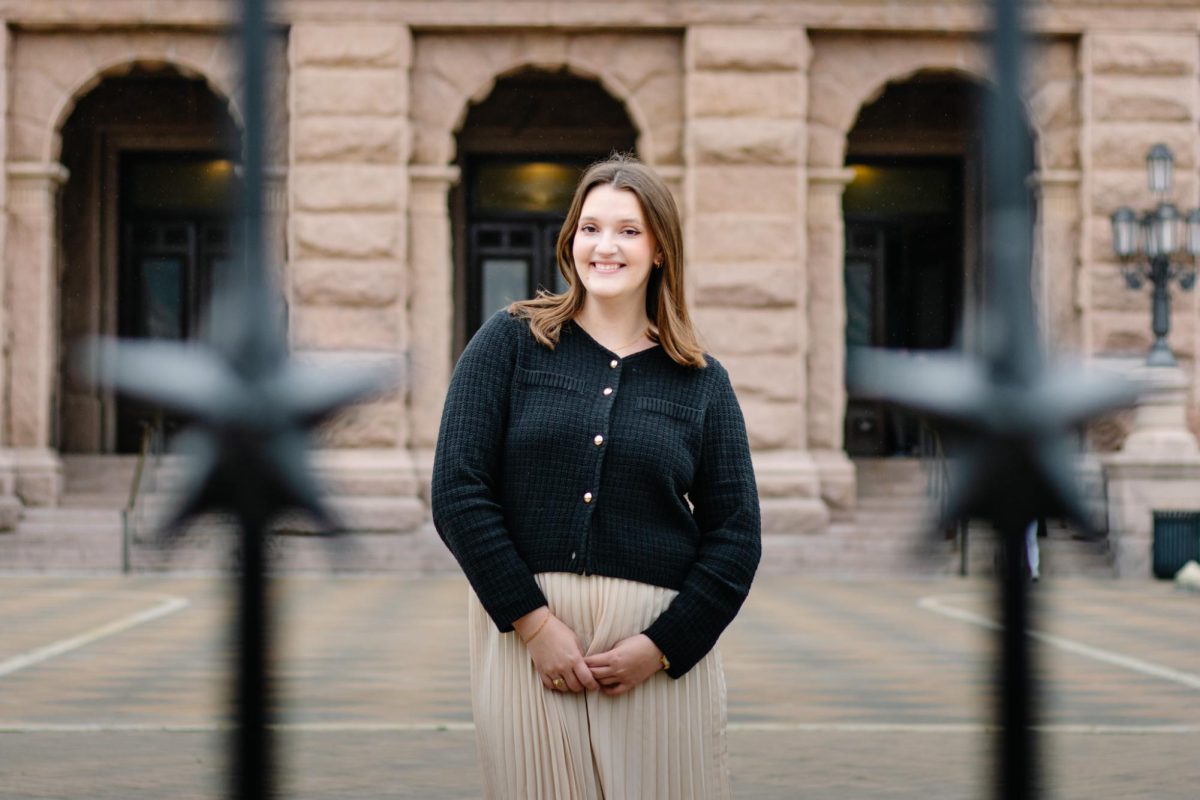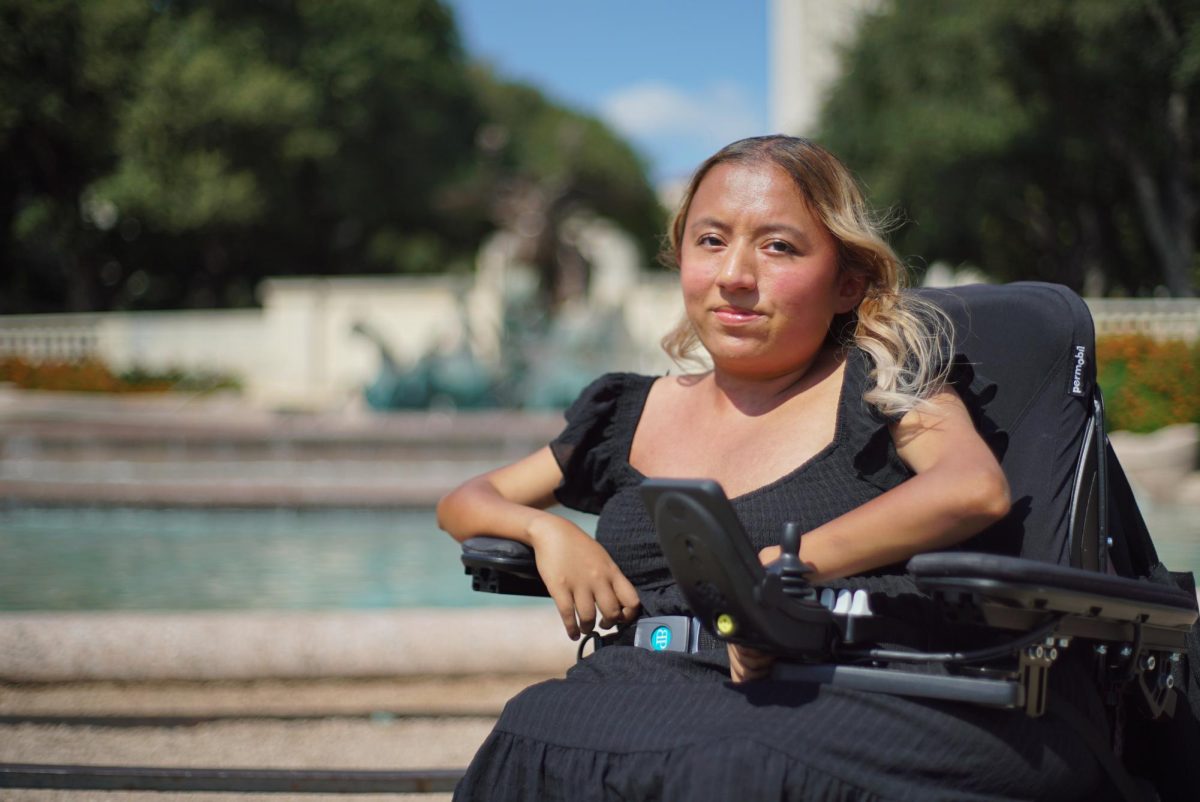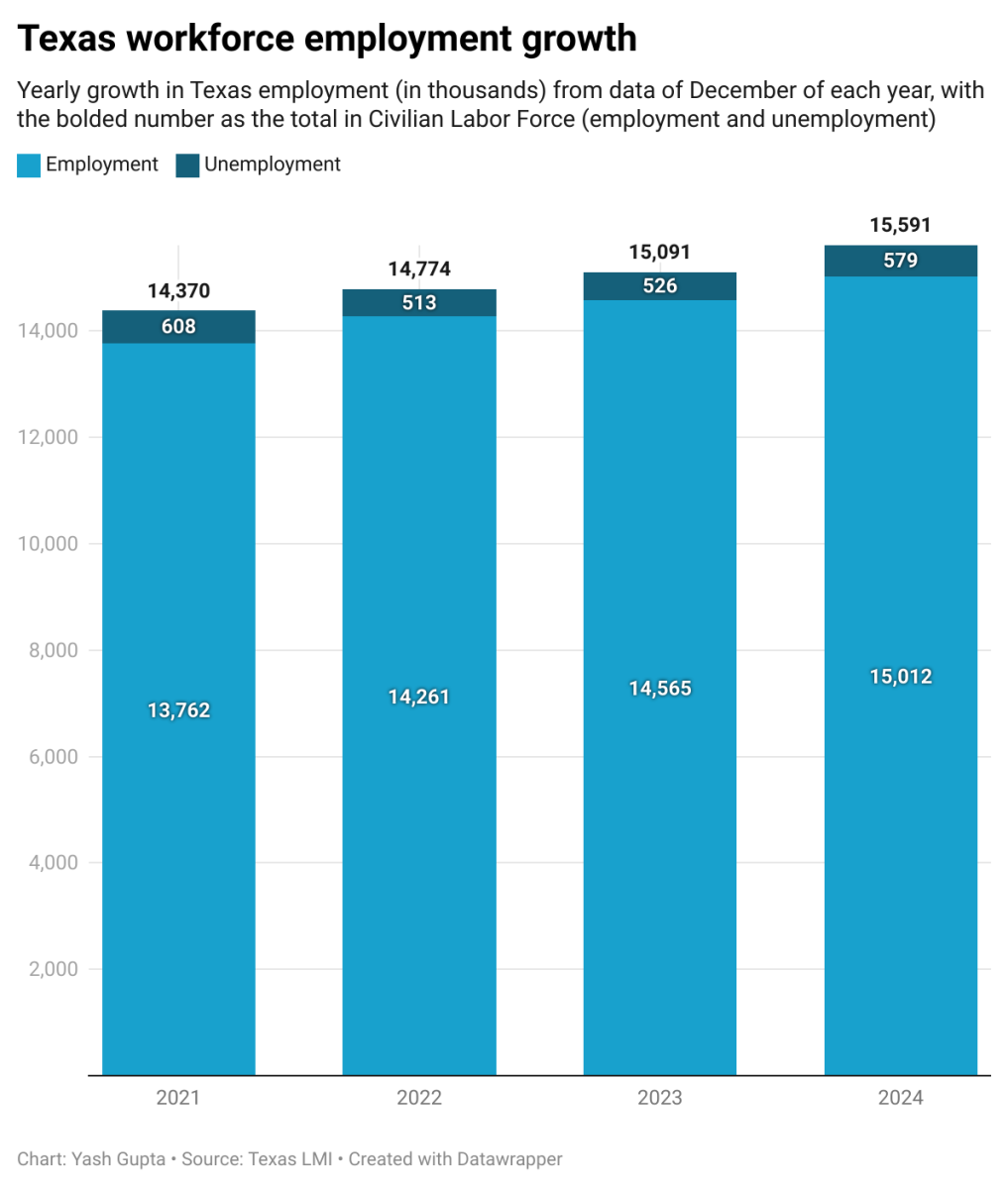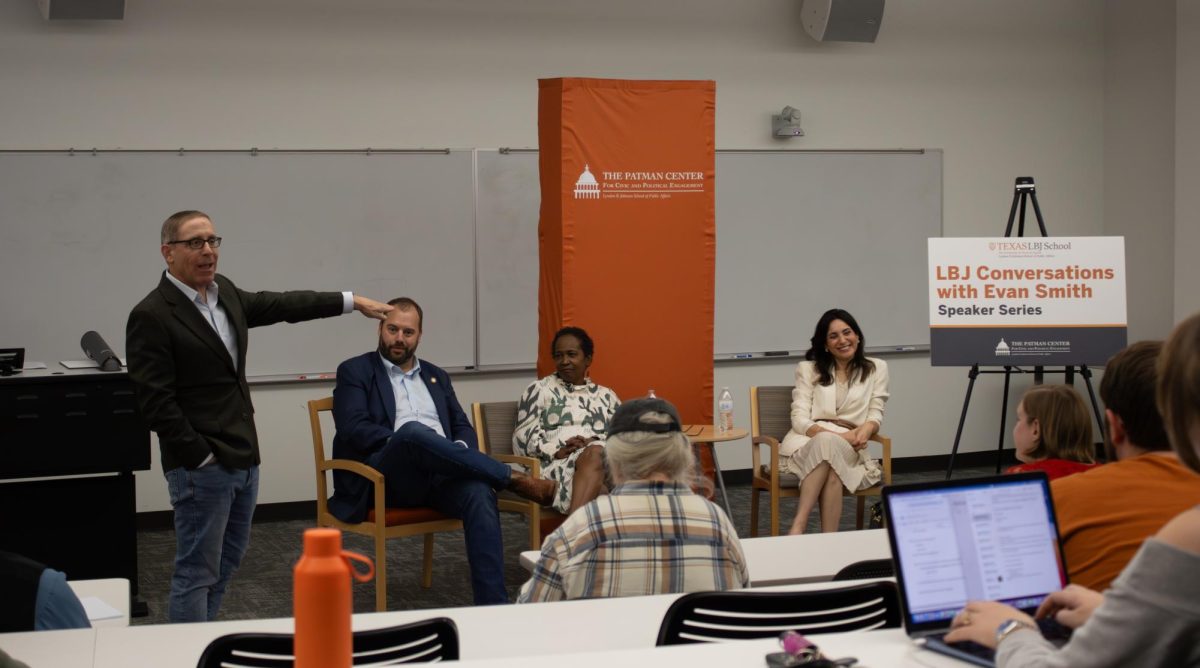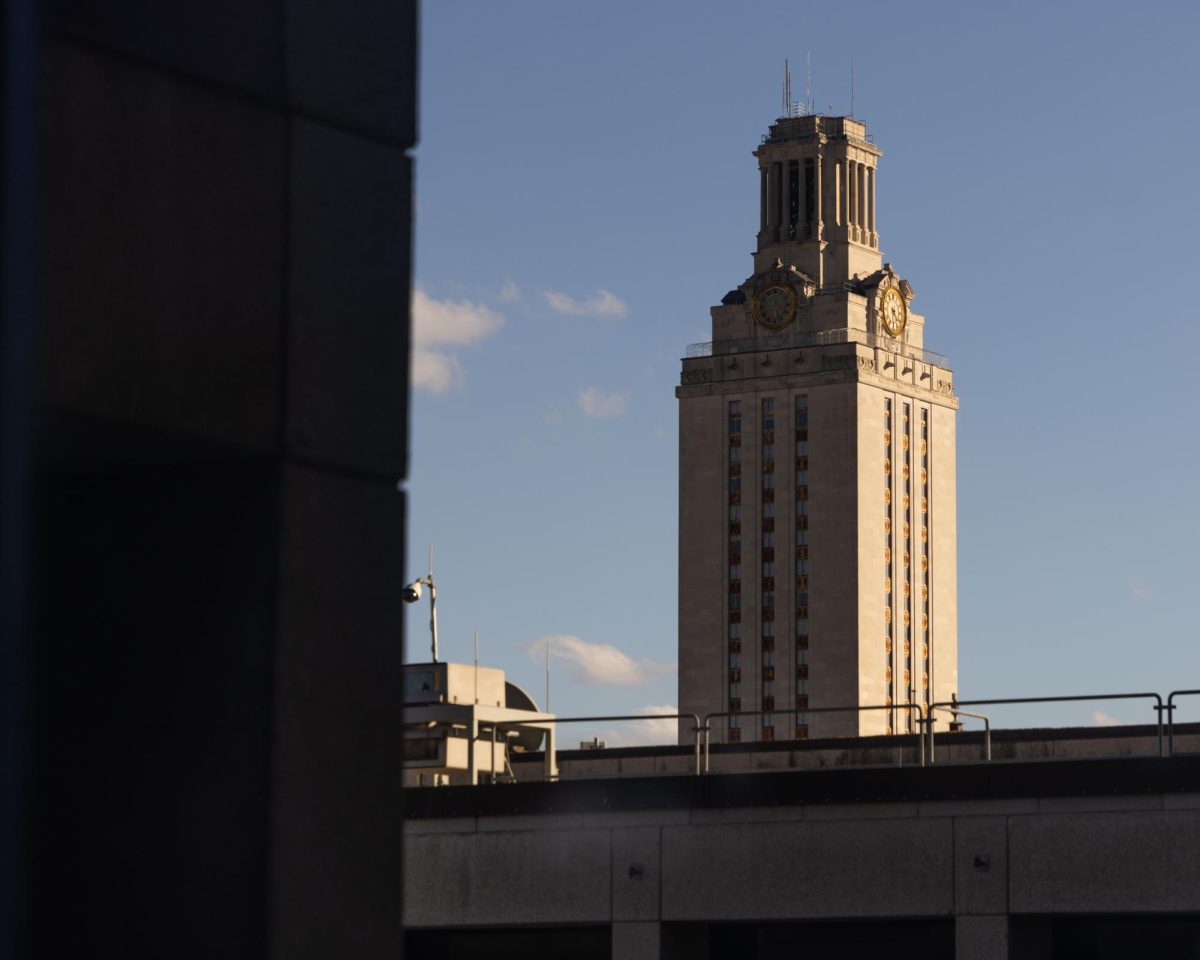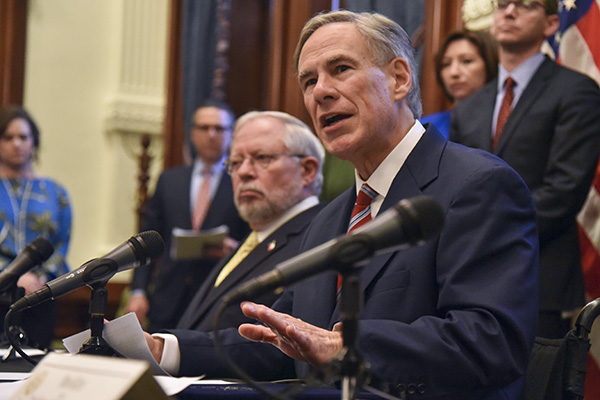Only 32 percent of Alec Lucas’ fellow Texas Republicans think he should have the right to get married, according to a 2017 UT/Texas Tribune poll. But Lucas, the first openly gay president of UT College Republicans, said he is willing to overlook his party’s “archaic” attitude toward LGBTQ rights because he agrees with its positions on most other issues.
“Even though the Democratic Party is more supportive of my rights and my identity, I don’t agree with many of their viewpoints,” said Lucas, a chemistry senior. “So I wouldn’t feel entirely comfortable there, either.”
The Texas Republican Party’s latest snub to the LGBTQ community came last week when party leadership once again denied its largest LGBTQ group, the Log Cabin Republicans, a booth at the upcoming state convention.
Experts say the decision highlights tensions between the party’s older, more traditional members and its younger, more inclusive members.
Michael Cargill, president of the Austin LCR chapter, said he was disappointed to learn his organization will not be operating a booth.
“We need the older generations to let go of these old and hateful ideas, and we need to get the younger generation in there to take on leadership roles,” Cargill said. “The younger generation is focused on things we actually need to focus on.”
According to the 2017 UT/TT poll, young Texans are most likely to support LGBTQ rights, with 74 percent of voters under 30 saying same-sex couples should be allowed to marry. Only 50 percent of voters aged 45 to 64 and 42 percent of those 65 or older agreed.
Despite generational differences, vetoing an LCR booth at the state convention is unlikely to turn young Texans off from the Republican Party, said Joshua Blank, manager of polling and research at UT’s Texas Politics Project.
“There’s no indication that someone who otherwise agrees with Republican ideology would, on the basis of the party’s attitude toward LGBTQ issues, say, ‘I’m no longer a Republican,’” Blank said. “And if the issue of gay marriage is central to their political identity, if it drives how they vote, they would already be a Democrat.”
Although he is frustrated with his party’s continued disregard for LGBTQ issues, Lucas said he is still a dedicated Republican.
“I choose to stay in this environment because I’m hoping that with continued effort, it won’t be much longer until most of the party is more accepting of my identity and others,” Lucas said. “But for now, it’s more important that I’m surrounded by people who agree with me on most other issues.”
Blank said Texas GOP leadership are unlikely to change their stance on LGBTQ issues anytime soon.
“They are aware of the potential costs of excluding LCR from the convention and they’ve obviously determined that the costs are not so great that they should change course,” Blank said. “For Texas Republicans, this orientation towards these issues has been successful for them so far and until it is not successful anymore, it’s clear they don’t see much reason to deviate from it.”
For young GOP voters seeking a more inclusive party, Cargill said the only thing left to do is wait.
“We’ll just wait for them to die,” Cargill said. “And then we’ll move on and things will get better. They always do.”


